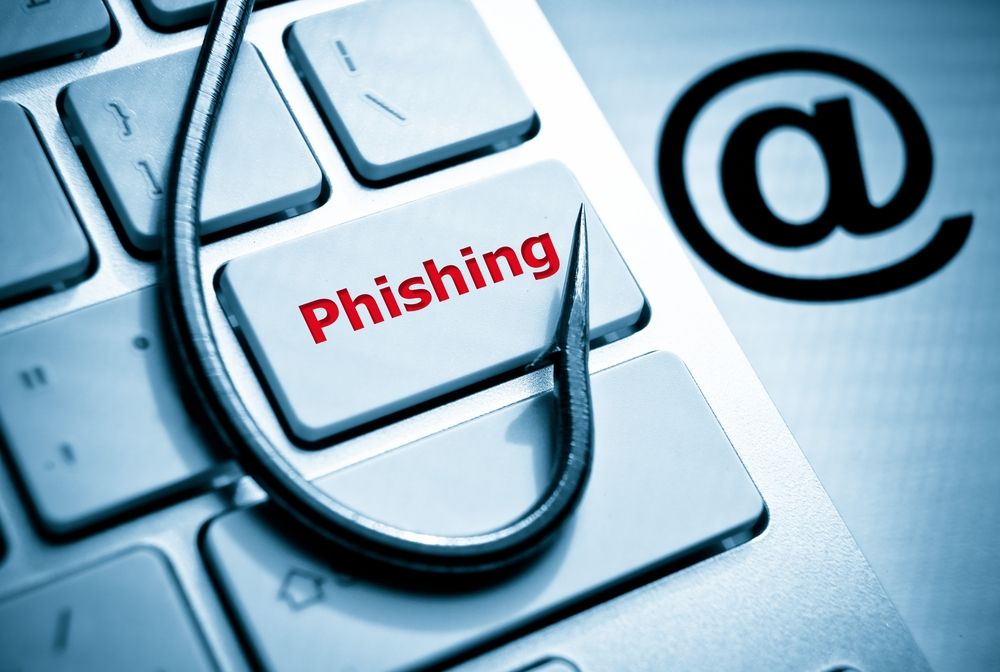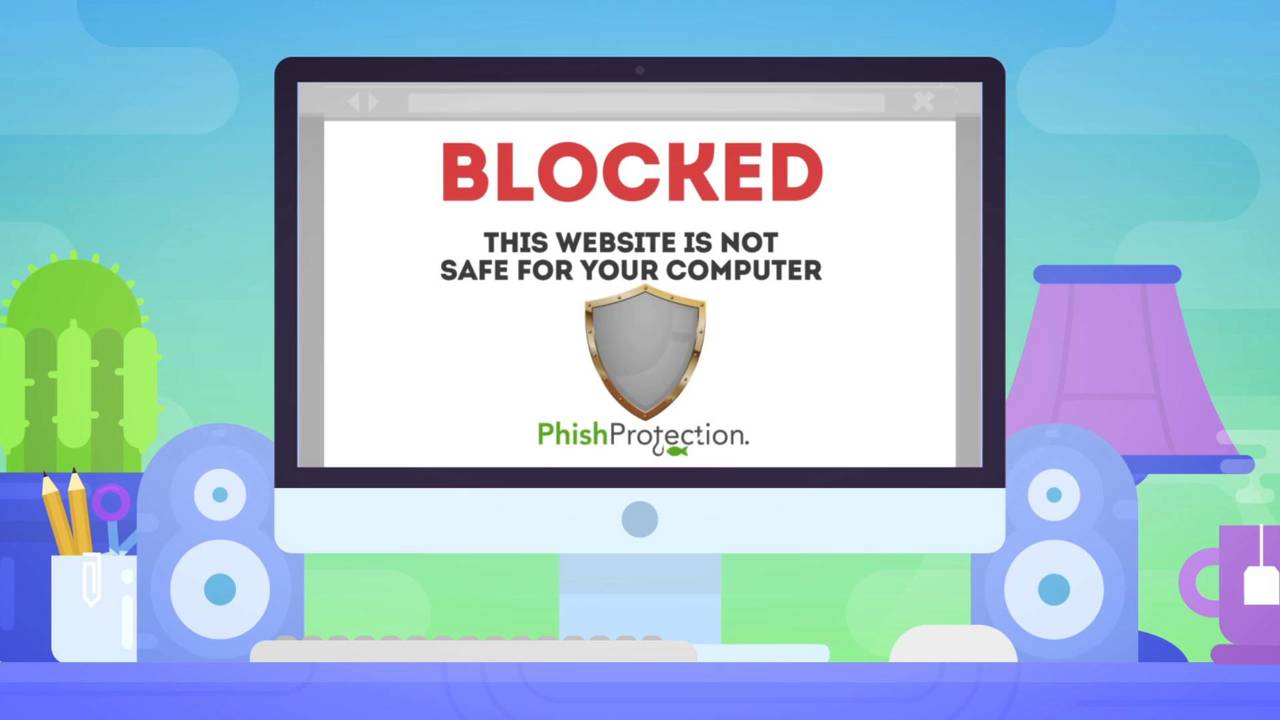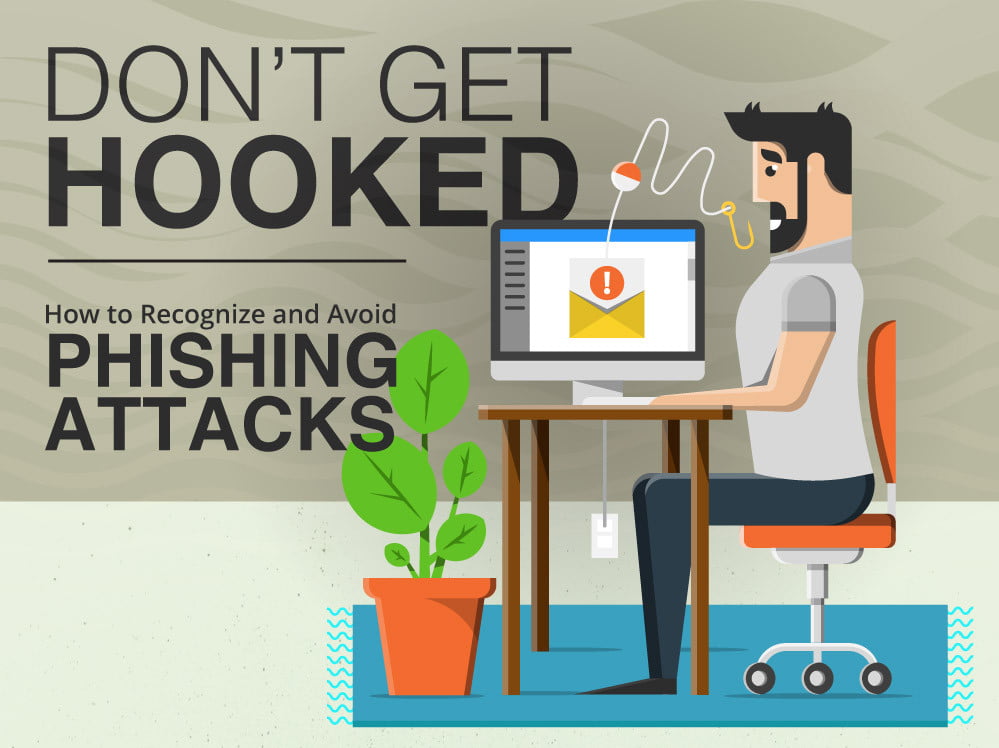Exactly what is Phishing – Email Phishing Defense Tips

The term “Phishing', relates to the method of recording secret information over the internet, through fraudulent ways. Simply puts, the scammer tries to start the web user in different ways to deceive him and get his personal info such as his user name, password, his checking account personal identification numbers banking user name and password, credit card number and so on. There is an increase use of electronic channels for payments but at the same time there exist a security problem for banks through phishing efforts. The act of phishing primarily occurs by utilizing emails which seem originating from a relied on website source. People who believe in such phony e-mails, end up being easy victims when they begin responding these fraudulent e-mails and links.
One of my buddies just recently received an email declaring to be coming from his bank's site and then was more informed that some unapproved transaction has taken place and for this reason he had to click on the link supplied in this email which will finally take him to the site page of the concerned bank. The e-mail looked very authentic but it stopped working to persuade him when he understood that the e-mail was addressed to him as, “Dear bank member”. Instead of his name, he was dealt with in a general way and this made him suspicious about the entire email phishing security .

If you get an email that seem to be from your bank and diverts you to the banking site and tempts you to login into the system in order to trigger yourself or confirm yourself and so on in such a case, see that you disregard such email instructions. No banks will request a user name and password details. You should likewise never ever try to offer your credit or debit card numbers in response to any emails that you may receive. Never ever attempt to cut and paste the links in order to reach a particular banking site. You should constantly have the practice of manually typing the url of the banking website so that you play safe. You need to erase all suspicious emails and accessories without opening them. In case you feel that by mistakes you have actually followed a link within the suspicious e-mail, you should then right away phone the bank and inform them to disable your electronic banking account and block all payments of credit card for the time being. You must also alter your user name and password.
Banks have their own security system. They utilize the 128 bit Secure Sockets Layer (SSL) encryption innovation to encrypt the information you send out online. This is mainly done to safe guard the exchanged info in between the computer system and the bank's website, throughout a transaction. Banks have their own security levels to prevent unauthorized access to the banks servers and therefore avoiding hackers from achieving success in their unlawful activities. Specific banks have their own approaches of securing the customer's checking account. Some banks will not entertain any more access to the worried customer's account, after having wrongly typed his password for three consecutive times. The actual user will then need to call the bank and get it reactivated after appropriate verification of the customer.

Protecting yourself from phishing will take some watchfulness on your part. Always inspect e-mail that enters your email phishing protection, ransomware and phishing, protection against phishing, and check for misspelled website names as this might be phony sites. You need to also supply excellent antivirus technology that comes with anti Phishing protection abilities as this will safeguard you from the more typical rip-offs out there.





